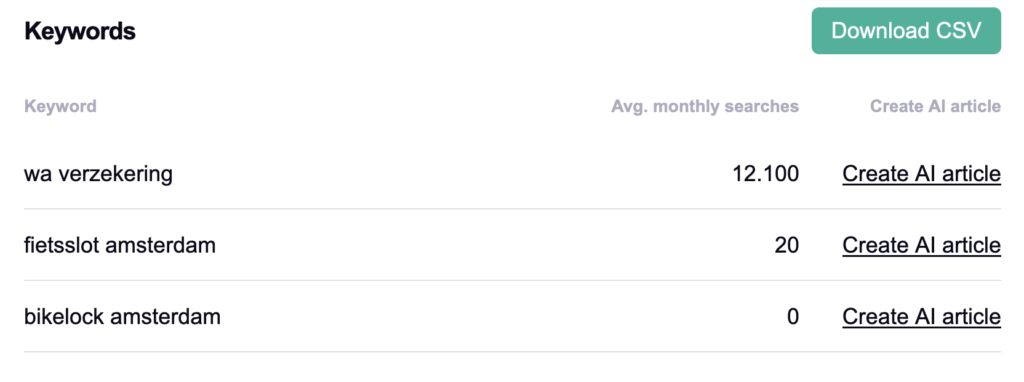Navigating Small Business Accounting: A Beginner’s Guide
Save the date: Final Group Session
May 28 – 15:00 – 16:00
Feedback, Pitch your progress, evaluate together
Hate to break it to you, but…

Most people don’t like sales or marketing. If you are doing a startup, every co-founder will do these tasks. Whether you like it, or not. Having a solution build unfortunately is not enough, unlike the image below claims.

So what is marketing?
Marketing is bringing your solution to market. You do this via a marketing channel. There are two big questions for any startup:
- What is the best channel for us?
- How can we best use this particular channel?
Overview of marketing channels
There are many marketing channels:
- Cold calling
- Website and Blog
- Email Marketing
- Content Marketing
- Social Media Marketing
- Word of Mouth Marketing
- Influencer Marketing
- SEO
- Networking
- Events
- Podcasts
- Community-Based Marketing
- Online Advertising
- Video Marketing
- Affiliate Marketing
Note: Not all marketing channels are relevant for B2B. If you sell €10M machinery, influencer marketing is likely to not be very effective.
Spaghetti Strategy
You need to learn what works for you. There is no rocket science. You can try each marketing channel, and see if your message stick. Try one by one, and learn what works. Like throwing semi-cooked spaghetti on a wall, and seeing what sticks.
About social ads & influencer marketing
You might do social media ads, but targeting ‘administrative workers in municipalities that are concerned with sustainability and have budgets of over €50k’ might be impossible. There’s just not a very large amount of them out there to begin with.
Cold outreach from the start
Therefore, if you do B2B or B2G sales, your marketing will often rely for 90% on cold outreach. You can do this with LinkedIn, phonebooks, Googling on particular municipalities, and so on.
Having a webpresence online, such as a landing page or a LinkedIn page might increase your credibility when someone googles you. However, such website doesn’t generate traffic by itself.
About search ads and SEO
A lot of people assume they can market on Google, either with making content that will hit high and get free visits, or buying adspace. This is a strategy that is hard for early-stage startups, especially B2B.

There are many keyword analysis tools you can use, I used this one, but I’m not a SEO expert. ‘WA verzekering’ is a type of insurance, which gets over 10k searches a month. Bikelock in Amsterdam doesn’t get nearly as much hits. Marketing a bike lock via search ads might not work.
But even then, 12k hits might sound like a lot, but it is not. Let’s assume 5% of people click on your ad (which is very high), that brings 600 visitors to your website. 600 visitors on a website that converts on average 1% gives you 6 conversions. Depending on the cost per click, these 600 visitors might cost you €1200. That means that every conversion cost you €200. Can you spare that?
SEO is a long-term strategy that takes 3-9 months to be effective, and a lot of time and money. Therefore, this strategy is ill-advised for early-stage startup that need quicker returns on their startup investments.
Messaging & Copywriting
If a channel doesn’t work for you right away, doesn’t mean the channel sucks. Depending on the channel you pick, you need to create content. If you do billboards, you need to design visuals. If you do cold calling, you need to have a good conversation. If you do search ads, you need good copy.
For some channels, you need to do 5 to 10 experiments to figure out what type of content works best for this channel.
Asking ChatGPT to help with your copywriting is a great way to generate ideas on how to pitch your idea. Tell Chat what you are trying to do, and instruct the AI to help you generate many copywriting ideas. Add prompts such as ‘Make it clickbaity’ for some fun results.
Do things that don’t scale
As much as you don’t like marketing or sales, trying to setup a fully automated sales funnel with ads is overdoing it.
First, try out by hand what works. Don’t worry about how you are going to scale this. Focus on effectiveness first, than on efficiency. Make it work, then ask yourself: how can I do this cheaper or faster?
